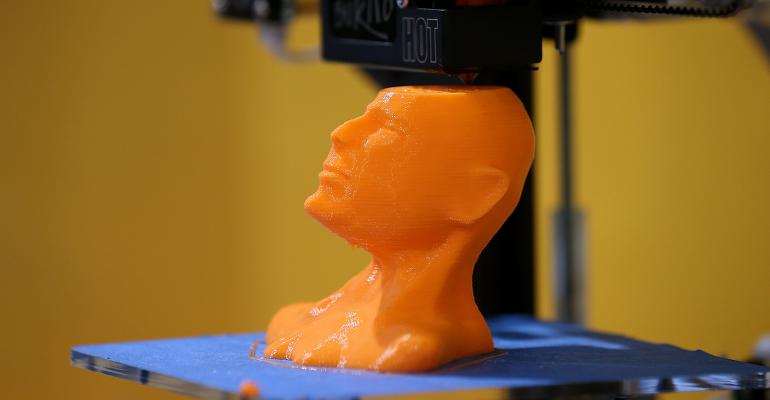For family businesses, the Fourth Industrial Revolution, a concept introduced by Professor Klaus Schwab, founder and executive chairman of the World Economic Forum, can mean undreamed of success and profitability. That’s if they’re agile enough to take advantage of technologies, such as big data, artificial intelligence (AI), 3-D printing and thousands of other innovations.
We all know what happens to those that aren’t agile enough. Think Kodak, Toys "R" Us, Radio Shack or Sears.
What do your clients need to do to be in the category that thrives?
Don’t Be Caught Unawares
The technologies involved will mean change on a scale unlike anything we’ve ever experienced. For a glimpse into the scale of change, consider the changes the Fourth Industrial Revolution has already caused.
To take an example from the industry I grew up in, look at travel. It still amazes me that the largest hotel company (Airbnb) doesn’t own a single hotel. Or, that the largest global taxi operator, Uber, doesn’t own a single taxi.
Now, imagine the scale of changes that will happen when we go beyond the information revolution to what’s just beginning now: physical products can be produced, copied and transmitted instantaneously without impacting their quality.
According to family business theoretician Abhijit Bhattacharya, a visiting scholar at Salisbury University in Maryland, “Developments in manufacturing, developments in material sciences, machine learning and high-speed internet now allow an entrepreneur to get a product manufactured without having to set up a manufacturing operation.”
An entrepreneur can create the digital design for a product and then send it to the other side of the world in mere seconds. There, the actual physical products can be created on a 3-D printer.
As a researcher in family businesses, whether in Asia, Europe or the United States, Bhattacharya worries that most family businesses are unprepared for the tsunami of change that’s approaching.
Innovative Companies
Cargill, the $110 billion grain and beef company, has developed facial recognition software for individual animals, so farmers can now track productivity as never before. To develop this highly desirable software, Cargill employees combined coding ability with knowledge of markets, cutting-edge higher math and a deep understanding of the needs of farmers.
Google is getting into the automotive business with its efforts to create self-driving cars.You might expect the experts on cars to be General Motors or Toyota, but Google is leveraging its AI and computing expertise to get into a market that could, in theory, be worth billions.
Steps Your Clients Can Take
- Be constantly on the alert for signals that the business model of the firm needs change or could benefit from change.
- Overcome the HiPPO (highest paid person’s opinion) syndrome. Make sure arguments are won by the person with the best idea, not necessarily by the person at the top with the greatest salary and seniority. Personally, I love it that at Perdue, we tap into the innovative spirit of even the youngest associates.
- Create an environment for everyone to speak their minds and contribute ideas without everyone’s adapting to what they think the boss wants to hear. My late husband, Frank Perdue, was aware of this issue and used to ensure that at the start of meetings, no one but himself knew his views.
- Google’s example of inviting people at all levels to spend 20 percent of their time “thinking of new stuff” may not be appropriate for you. However, it still might be beneficial to your business to encourage employees to invest time on creativity and innovation.
The Fourth Industrial Revolution is here, and it’s going to mean change for you and every one of your clients. Are you helping them prepare?
Mitzi Perdue is a business owner, speaker and author of the book How to Make Your Family Business Last. She is also the widow of Frank Perdue and the daughter of Sheraton Hotel chain co-founder Ernest Henderson. For more information, visit MitziPerdue.com.





